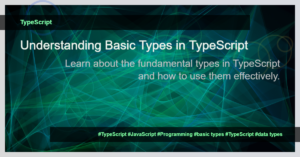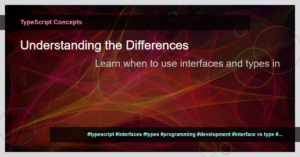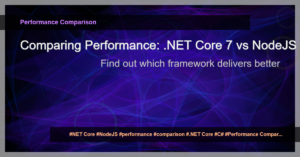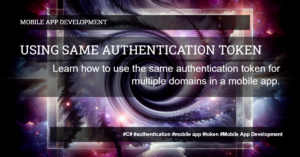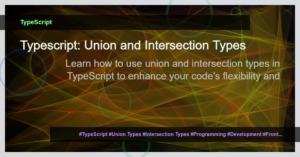Mastering Func and Action in C
Have you ever found yourself in a situation where you needed to pass a block of code as a parameter to a method? Or have you wished for a more concise and expressive way to define and use delegates in C#? If so, then Func and Action are the tools you need.
What are Func and Action?
In C#, Func and Action are generic delegates that allow you to define and use code blocks as parameters for methods. They provide a powerful mechanism for writing more functional and expressive code.
Func
Func is a generic delegate that takes in parameters and returns a value. The last type parameter represents the return type of the delegate. For example, Func<int, int, int> represents a delegate that takes two integer parameters and returns an integer.
Here’s an example that demonstrates the usage of Func:
Func<int, int, int> add = (a, b) => a + b;
int result = add(3, 5); // result = 8
In this example, the add delegate takes two integer parameters and returns their sum.
Action
Action, on the other hand, is a generic delegate that takes in parameters but does not return a value (void). It can be used to define and invoke code blocks without expecting a result.
Here’s an example that demonstrates the usage of Action:
Action<string> print = message => Console.WriteLine(message);
print("Hello, World!"); // prints "Hello, World!"
In this example, the print delegate takes a string parameter and prints it to the console.
Benefits of Func and Action
Using Func and Action delegates in your code offers several benefits:
- Code Reusability: Func and Action allow you to define reusable code blocks that can be passed as parameters to multiple methods.
- Conciseness: Func and Action enable you to write more concise code by using lambda expressions instead of defining separate methods.
- Expressiveness: Func and Action make your code more expressive by allowing you to define and use code blocks directly at the call site.
Guidelines for Using Func and Action
To make the best use of Func and Action delegates in your code, consider the following guidelines:
- Keep it Simple: Stick to using Func and Action for relatively simple scenarios. For more complex situations, consider creating separate methods or using other abstractions.
- Use Meaningful Names: Choose descriptive names for your Func and Action delegates to enhance code readability.
- Avoid Nested Delegates: Avoid nesting Func and Action delegates within each other, as it can lead to overly complex and difficult-to-maintain code.
- Balance Code Reusability and Conciseness: Find the right balance between code reusability and conciseness by considering the specific requirements of your project.
Conclusion
Func and Action delegates are powerful tools that can greatly enhance your programming experience in C#. By understanding and effectively using these delegates, you can write more expressive, concise, and reusable code.
So, why wait? Start unlocking the power of Func and Action in C# today!


